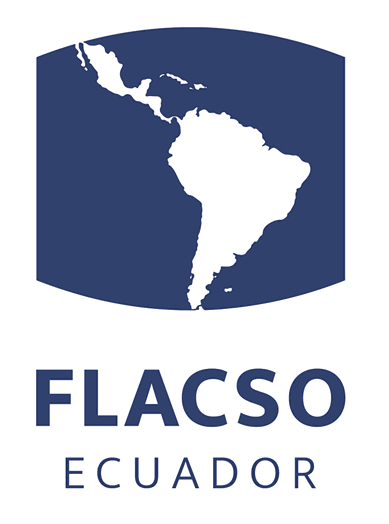Por favor, use este identificador para citar o enlazar este ítem:
http://hdl.handle.net/10469/24272| Tipo de Material: | Libro |
| Título : | Biodiversity: delivering results |
| Autor : | United Nations Development Programme (UNDP) Global Environment Facility (GEF) |
| Fecha de Publicación : | 2008 |
| Ciudad: Editorial : | Nueva York : United Nations Development Programme (UNDP) |
| Cita Sugerida : | United Nations Development Programme (UNDP) y Global Environment Facility (GEF). 2008. Biodiversity: delivering results. Nueva York: United Nations Development Programme (UNDP). |
| Descriptores / Subjects : | DIVERSIDAD BIOLÓGICA DESARROLLO SOSTENIBLE PATRIMONIO NATURAL CONSERVACIÓN DE LA NATURALEZA PROTECCIÓN AMBIENTAL ECOSISTEMAS ECUADOR AMÉRICA LATINA BRASIL CHILE |
| Paginación: | 56 páginas |
| Patrocinador/Auspiciante/Fuente : | Publicaciones Convenios ONU |
| Índice / Contenido: | ÍNDICE Forewords | Introduction | Mainstreaming biodiversity | 12. Morocco: Atlas Mountains | 14. South Africa: Flowers | 16. Ecuador: Galapagos Invasive Alien Species | 18. Botswana: Tourism | 20. Croatia: Integrated Coastal Development | 22. South Africa Grasslands: Agriculture, Forestry, Mining and Urban Sectors | 24. Georgia: Agrobiodiversity | 26. Latin America: Coffee | 28. Malaysia: Peat Swamps | 30. Central America: Banking | Protected areas | 32. Namibia: Protected Areas | 34. Russia: Altai Sayan | 36. Chile: Marine Protected Areas | 38. Tanzania: Eastern Arc Mountains | 40. Mongolia: Great Gobi | 42. Rwanda: Forest Protected Areas | 44. Romania: Maramures | 46. Cape Verde: Protected Areas | 48. Cambodia: Tonle Sap | 50. Brazil: Cerrado Private Reserves | 52. Global: Early Action | |
| Lugar: | USA |
| Resumen / Abstract : | Biodiversity faces a variety of different threats across the world. These include direct pressures, such as conversion of forest to permanent agriculture, poaching, illegal logging, mining, settlement and uncontrolled fires, or indirect pressures from pollution and human-induced climate change. Unsustainable consumption continues, as indicated by the growing human global ecological footprint, which exceeds the planet's ability to regenerate by about 25 percent. The 2005 Millennium Ecosystem Assess ment concluded that almost 60 percent (15 out of 24) of the ecosystem services that support life on Earth and make a direct co ntribution to human wellbeing - such as provision of fres hwater, pollination and the regulation of regional di mate, natural haza rds and pests - are being undermined as a result of human activities. Two service groups, namely fis heries and freshwater provision, are now degraded beyond levels that can sustain current, much less future demands from a growing human population. |
| Copyright: | openAccess Atribución-NoComercial-SinDerivadas 3.0 Ecuador |
| URI: | http://hdl.handle.net/10469/24272 |
| Aparece en las colecciones: | Colección General |
Archivos en este ítem:
| Archivo | Descripción | Tamaño | Formato | |
|---|---|---|---|---|
| A-Cubierta-L-UNDP-140826.jpg | Libro - cubierta | 86,71 kB | JPEG | Visualizar/Abrir |
| LEXTN-UNDP-140826-PUBCOM.pdf | Libro - texto completo | 11,74 MB | Adobe PDF | Visualizar/Abrir |
Este ítem está sujeto a una licencia Attribution NonComercial ShareAlike (CC BY-NC-SA 4.0)
Licencia Creative Commons



